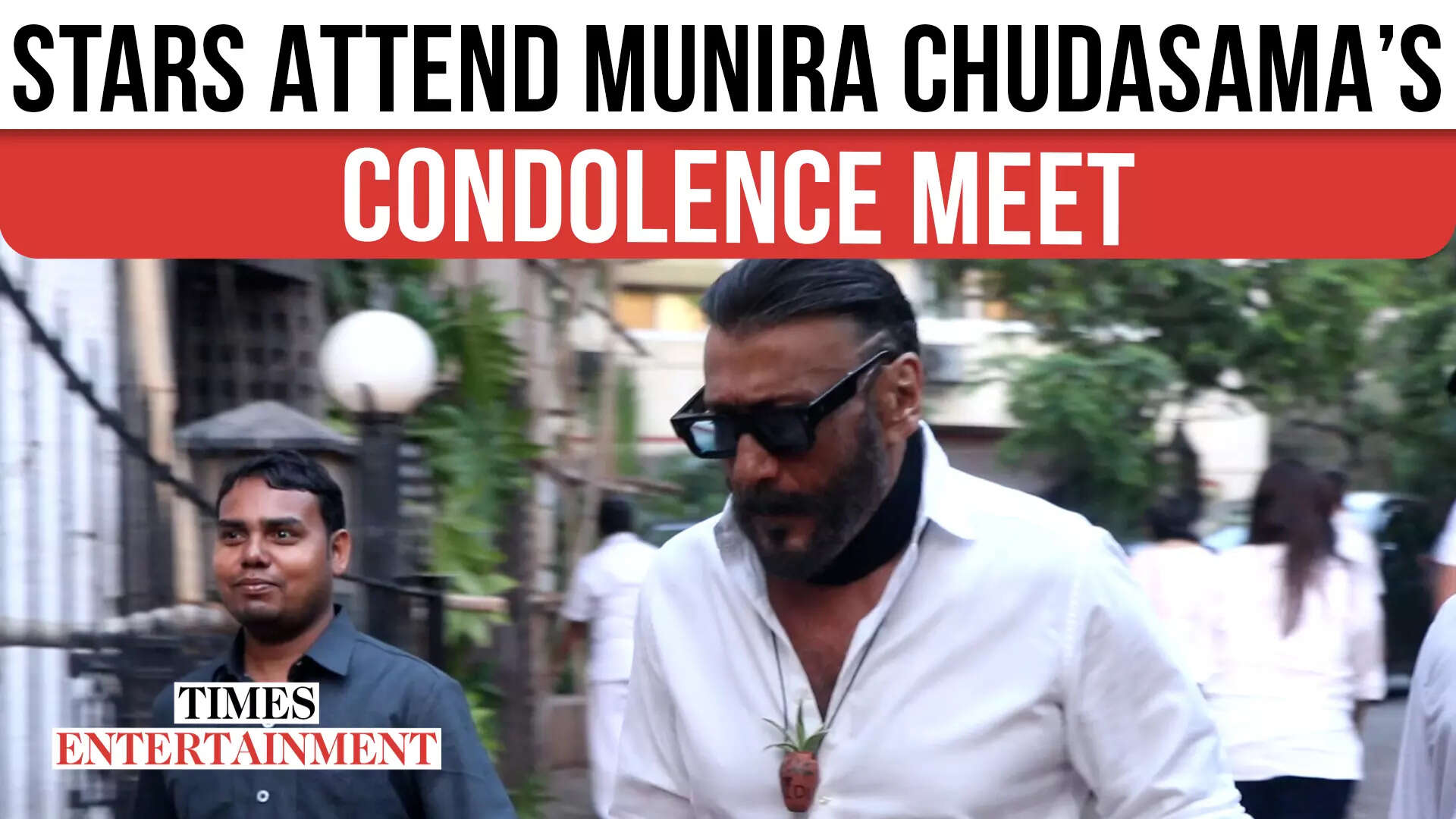Following the keenly contested Presidential election in Gabon after the military-led coup that ended over five decades of Bongo family dominance, the citizens of the country are patiently awaiting the announcement of the result of the election. According to reports from Libreville, the country’s electoral authorities are expected to release the initial results later today following Saturday’s closely watched vote, which many see as a defining moment in Gabon’s political history. Sunday Telegraph gathered that this election comes nearly two years after General Brice Oligui Nguema toppled the administration of former President Ali Bongo in August 2023, ending the long reign of the Bongo dynasty, which had held power since 1967.
Since seizing power, Gen. Oligui has presided over sweeping constitutional reforms, including changes that now permit him to contest for the presidency. This move has drawn sharp criticism from opposition leaders, who argue that the revised laws give undue advantage to the military-backed candidate.

READ ALSO: While Gen. Oligui has campaigned on promises of stability and a fresh start under what he calls a “new republic,” critics believe the political space has been unfairly skewed in his favor. Several leading opposition figures were disqualified from participating, leaving only eight candidates in the race — including the lone female aspirant, Gninga Chaning Zenaba.
Other contenders for the country’s highest office include former Prime Minister Alain Claude Bilie-by-Nze, a notable figure from the ousted Bongo government, as well as ex-members of the former ruling Gabonese Democratic Party (PDG), Stéphane Germain Iloko and Alain Simplice Boungouères. Whoever emerges as Gabon’s next leader will be confronted with the enormous challenge of addressing decades of systemic corruption, weak governance, and rising social inequality — problems deeply rooted in the Bongo era despite the country’s vast oil and timber wealth. Meanwhile, the mood at polling stations on Saturday was largely peaceful, with observers reporting a significant voter turnout and long queues across the capital, Libreville.
Some international monitors and candidates lauded the smooth conduct of the voting process. In an address shortly after the polls closed, Gen. Oligui described the election as “transparent” and voiced optimism that it would usher in a new dawn for the Central African nation.
However, candidate Bilie-by-Nze raised concerns about reports of irregularities at some polling stations, warning that any unresolved issues could cast doubts on the credibility of the results. Gabon, with a population of just over 2.5 million, remains a country of sharp economic contrasts — rich in natural resources yet grappling with widespread poverty, as over one-third of its citizens still live below the poverty line.
The coming hours are expected to be tense as Gabonese citizens await the final tally that could reshape the future of their country..
Top

Tension As Gabon’s Citizens Await Results Of First Post-Coup Presidential Election

ShareFollowing the keenly contested Presidential election in Gabon after the military-led coup that ended over five decades of Bongo family dominance, the citizens of the country are patiently awaiting the announcement of the result of the election. According to reports from Libreville, the country’s electoral authorities are expected to release the initial results later today following...The post Tension As Gabon’s Citizens Await Results Of First Post-Coup Presidential Election appeared first on New Telegraph.











